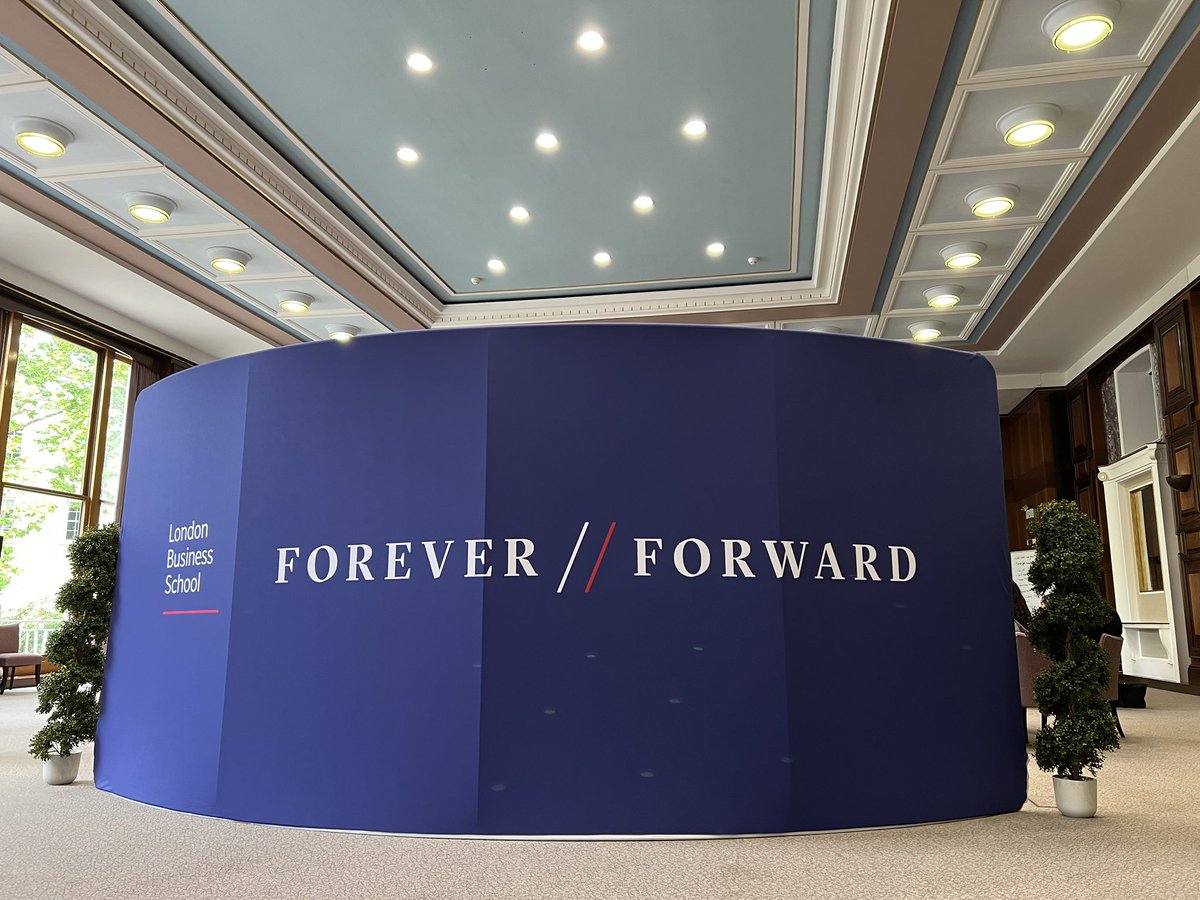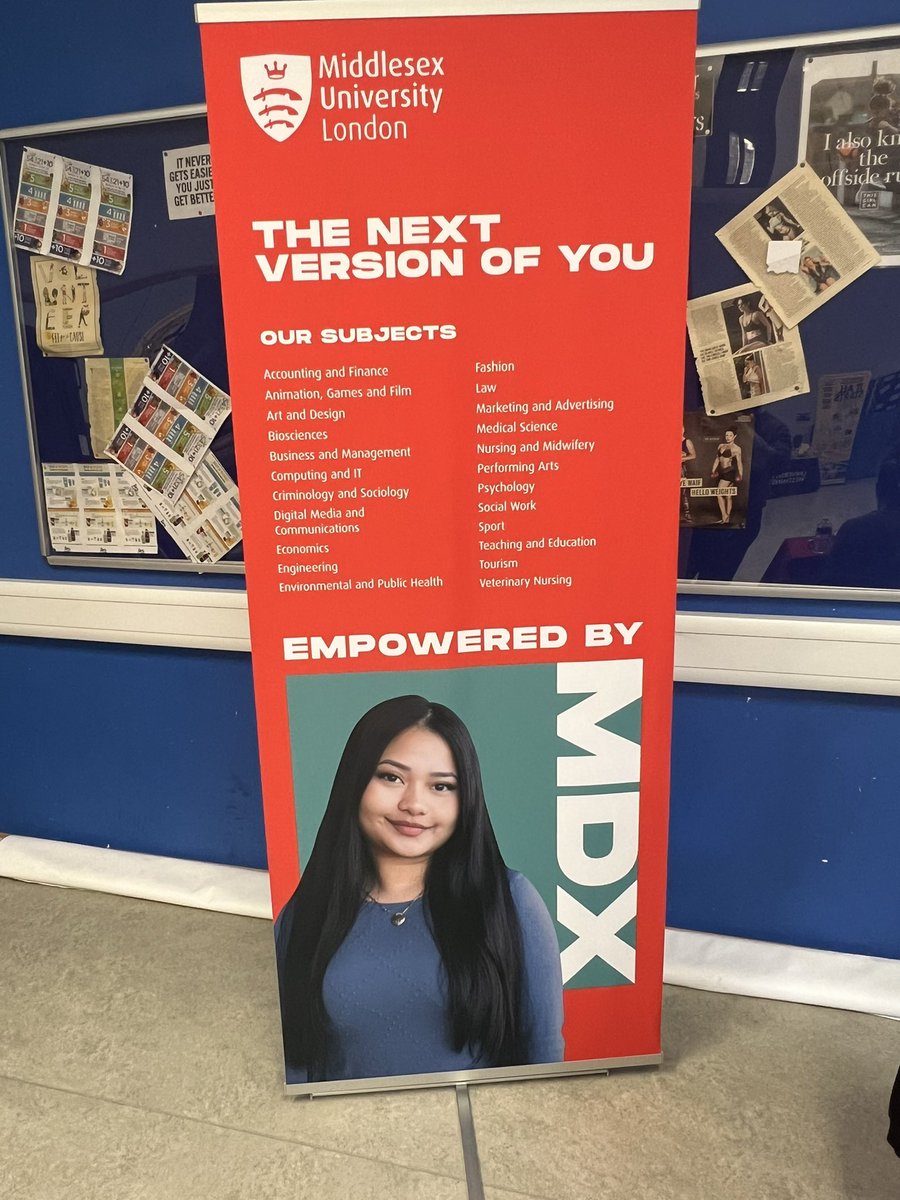Drama
We study drama because it is a discipline that cultivates a well-rounded confident individual, through the development of their emotional intelligence, creative, analytical and performance skills. By exploring plays, playwrights and theatre practitioners, drama teaches us about a world beyond our own through the eyes of another. This in turn develops the academic knowledge of the social, cultural and historical context that is explored. Drama explores the world of theatre as the director, actor and designer allowing us to demonstrate our strengths through practical and written skills. The prospects created through studying drama are numerous in a world increasingly focused on creativity and emotional well-being.
Principles
In KS3, Drama is taught in a discrete weekly lesson. GCSE is taught in 3 lessons a week.
​The curriculum is taught in a spiral approach so that students build on their learning year on year.
In Drama, students learn by:
• Developing their understanding of theatrical styles, genres and practitioners.
• Performing published plays.
• Devising performances in the style of recognised practitioners.
• Understanding the social, cultural, historical context of the world of the play.
• Analysing, and evaluating live performances and interpretation
We have two Drama Studios and a large Auditorium space giving students the space and flexibility they need.
Key Stage 3 content
In KS3 students develop their performance, creativity, confidence and team-work skills through the exploration of a variety of different genres, performance styles and plays. This enables the students to have a wider cultural understanding of theatre and performance, develop their acting and oracy skills whilst growing into emphatic creative individuals. Topics explored include developing the use of voice and physicality skills through plays such as ‘Oliver Twist’ and ‘The Curious incident of the Dog in the Night Time’, which tackle historical and social issues through understanding and engagement with characters. Additionally, students start to explore different genres and styles from naturalism and physical theatre, to powerful Epic theatre and Verbatim enabling them to understand how theatre has the power to change and educate. Evaluation through is embedded into each lesson through, which develops students written and oracy skills throughout key stage 3.
Key Stage 4 content
Drama GCSE is comprised of three components which enhance theatrical understanding, performance and evaluation skills. The key stage three curriculum has been designed to support and develop student passion for the subject through the development of performance skills and creativity and key stage four is built to continually develop this through the further knowledge of practitioner styles, form and playwrights whilst building on existing performance skills and techniques.
- Component one; devising performance in the style of a chosen practitioner whilst keeping a portfolio of development and an evaluation of the final performance,
- Component two; performing an extract from a published play
- Component three; a written exam that explores how you would act design and direct the play DNA by Dennis Kelly and a review of a live theatre production
The course requires the ability to develop and perform in a range of styles using a high level of skill, creativity and character understanding. Students also require detailed analytical and evaluation skills to in order to reflect on their own practice and that of professionals
Key Stage 5 content
At KS5 students can choose to study drama A-Level which further develops the skills and knowledge base secured at GCSE, focusing on extensive theatre practitioner exploration and the study of plays and playwrights, including Lysistrata by Aristophanes and That Face by Polly Stenhem.
- Component One requires students to create and perform a piece of original theatre in the style of a chosen practitioner whilst documenting the process and final performance in a written portfolio.
- Component Two is a performance from a published play, one as a group, one as a monologue
- Component Three is a written exam exploring plays in different styles as audience member, director, designer and actor.
A-level drama students will have developed a passion for the theatre through their previous study which is required for the high level of commitment and discipline needed to produce creative and original pieces of live theatre as part of a group. Students develop analytical, evaluation skills, enhance creativity and teamwork whilst also gaining a wider cultural understanding through the world of theatre and the social, cultural, historical context of the world of each play.
Extra Curricular
Wednesday after school: KS3 Drama club
Annual school show: Auditions will take place in February
Exam Specifications
Eduqas | C690 | GCSE in Drama
Pearson Edexcel | 9DR0 | A Level Drama and Theatre
Careers
Careers in drama, theatre and the creative industries are explored through lessons in all stages. There is also an emphasis on the skills drama develops which apply to a range of public fronted, creative roles. Industry professionals are invited to the school through talks and workshops and the opportunity to see live professional at work in performance is given at all key stages.


















